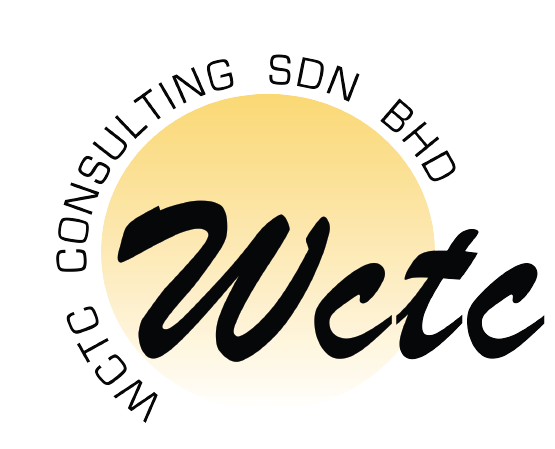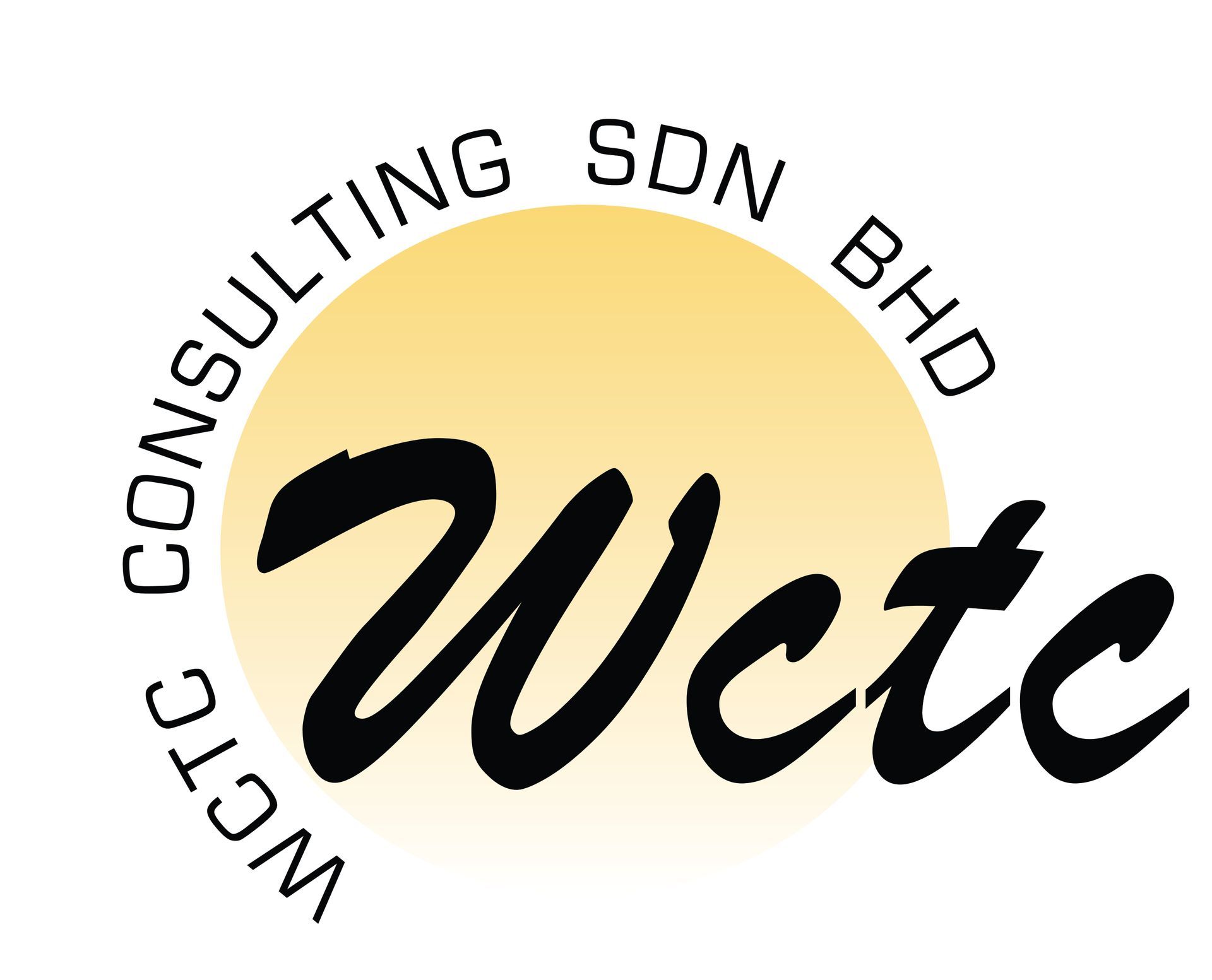OVERVIEW
In today’s corporate landscape, contracts dictate everything—from employment terms and supplier agreements to financial obligations and risk allocation. Yet, despite their significance, contract misinterpretation remains one of the most common causes of legal disputes, financial losses, and operational inefficiencies. Many corporate professionals, even those regularly dealing with contracts, struggle to decipher complex legal language, leading to oversight of critical clauses, unintended liabilities, and unenforceable agreements. The ability to interpret contracts correctly is not just a legal necessity; it is a fundamental business skill that protects companies from costly mistakes and strengthens professional decision-making.
Without a solid grasp of contract interpretation, organizations risk signing agreements that are not in their best interest, failing to enforce key terms, or missing red ags that could lead to lengthy disputes. Misunderstood clauses can expose businesses to unnecessary risks, weaken their bargaining power, and lead to avoidable financial penalties.
In industries where contracts govern every aspect of operations, an overlooked detail could mean the difference between a secure agreement and a legal crisis.
Don’t let legal uncertainty put your business at risk—master contract interpretation today!
Professionals who can confidently interpret contracts are invaluable assets to their organizations. Through this program, participants will develop the ability to assess contracts with a critical eye, ensuring that agreements are not only legally sound but also strategically bene cial. By analysing key contract terms, case law, and real-world examples, attendees will learn how to spot ambiguities before they become disputes, negotiate more favourable terms, and prevent costly misunderstandings.
JOIN US to
transform the way you engage with contracts. Gain the expertise to
navigate legal complexities, mitigate risks, and secure stronger agreements that protect your organization’s future.
LEARNING OBJECTIVES
- BUILD the ability to assess contract risks and provide informed recommendations by evaluating legal exposure, recognizing negotiation leverage, and implementing legal insights.
- GRASP key principles, terms, and types of contracts in business settings to ensure a solid foundation in contract law, enabling better compliance and strategic decision-making.
- MAKE informed decisions to protect company interests by applying contract interpretation principles, understanding enforceability, and implementing risk mitigation strategies.
- DEVELOP techniques to negotiate favorable contract terms and manage disputes through structured legal reasoning, effective communication, and strategic contract drafting.
- IDENTIFY ambiguities and interpret clauses effectively using legal reasoning, industry best practices, and real-world case studies to prevent misunderstandings and disputes.
- LEARN how to structure agreements that align with organizational goals while ensuring compliance with relevant laws, regulatory requirements, and industry standards.
- APPLY strategies to mitigate exposure to financial, operational, and legal liabilities by structuring agreements that reduce risks and enhance contractual protections.
- RECOGNIZE potential risks within contracts by analyzing key contract clauses, identifying common pitfalls, and understanding the implications of poorly drafted terms.
- INTERPRET provisions in line with legal principles and business objectives to ensure clarity, enforceability, and alignment with business goals.
CLICK HERE to see more

Other Workshops:




